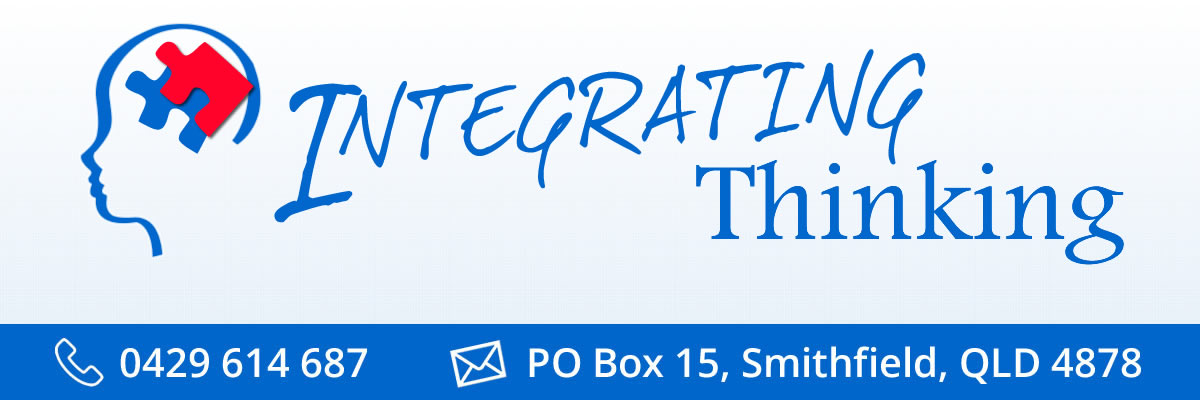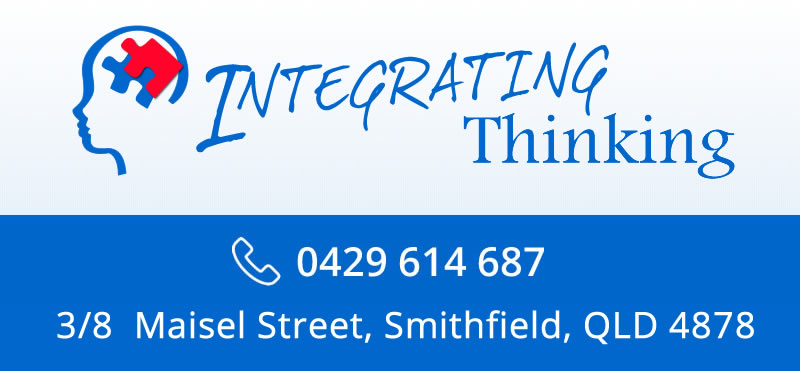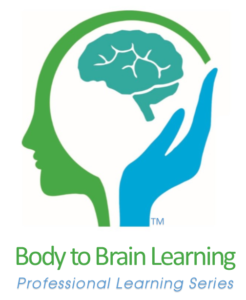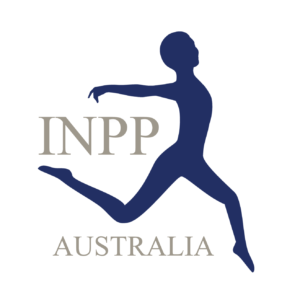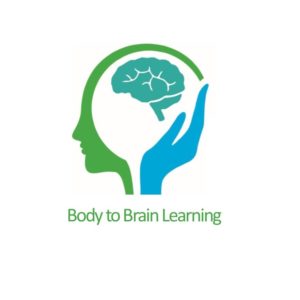Welcome to Integrating Thinking
At Integrating Thinking, we look for underlying reasons why our clients experience functional and learning difficulties. We also teach others how to look for these issues.
Integrating Thinking is a Neuro-Developmental Education organisation driven by a desire to help families, children and adults who experience difficulties in learning, work and social situations. We know that if the body doesn’t help and support learning, it can interfere with learning.
At Integrating Thinking we use and promote non-invasive techniques to assess and address developmental immaturity that can limit the learning process and cause difficulties in sport & social situations. Often this immaturity of our body systems presents as part of more complex diagnoses and difficulties.
We help by assessing and addressing underlying developmental neuro-motor & sensory maturity and often, the results help our clients read more easily, learn more effectively and function more efficiently.
What does Neuro-Motor and Sensory Immaturity look like?
As a parent, you may have noticed your child has difficulty performing tasks that should be quite easy, even though he/she may be quite bright and intelligent. Their teacher, or group leader, may suggest that: “They could do better.” “They are not meeting their potential.” He/she may be fidgeting regularly, daydreaming, not paying attention or listening. They may be described as: “easily distracted”, “Not trying hard enough”, “Can’t sit still.” They may be anxious and reluctant to try anything new. They may “tick the boxes” to have further behavioural and functional investigations to identify what is causing their challenges and difficulties in school, at home or in social situations.
As an adult, you may have learned to cope and develop strategies to avoid situations requiring reading and writing. You may have developed other skills to counteract difficulties with inattention, co-ordination and balance. But, at the end of the day, you feel exhausted because you’ve been working so hard at an unconscious level to ‘stay in control’.
As a practitioner or teacher you see your clients and students aren’t quite meeting their potential because there seems to be something missing. They can’t sustain attention. Learning is excessively hard and even their balance and co-ordination may seem to be affected. You want to help address that challenge.
This video explains a bit about the impact of neuro-motor and sensory immaturity on learning and function:
